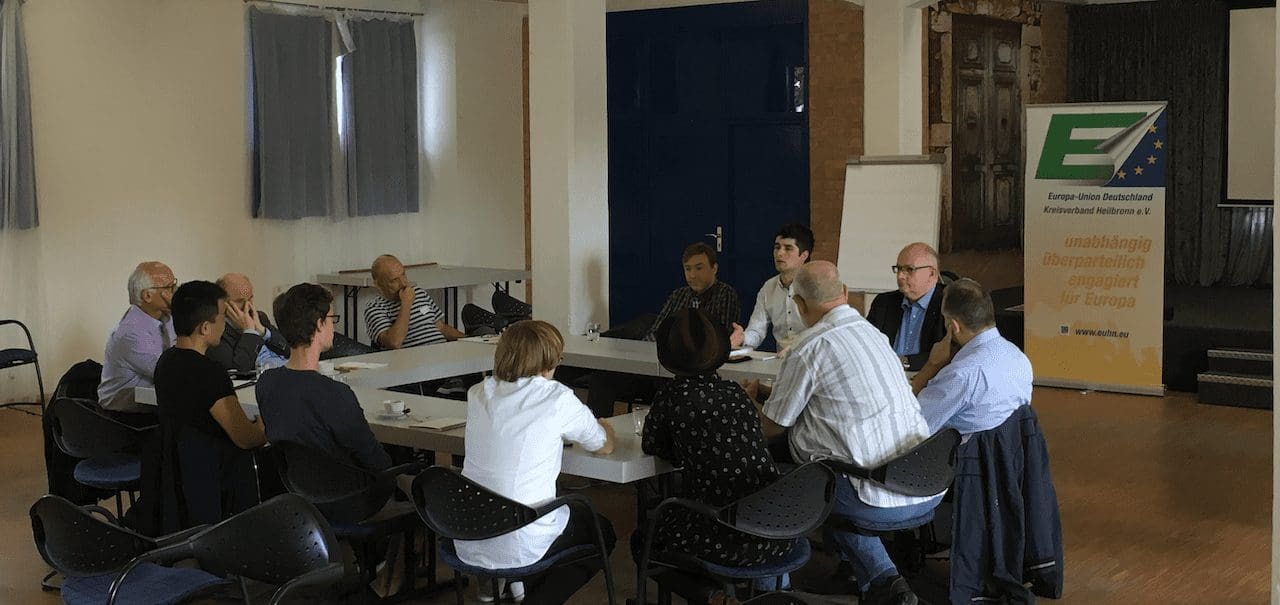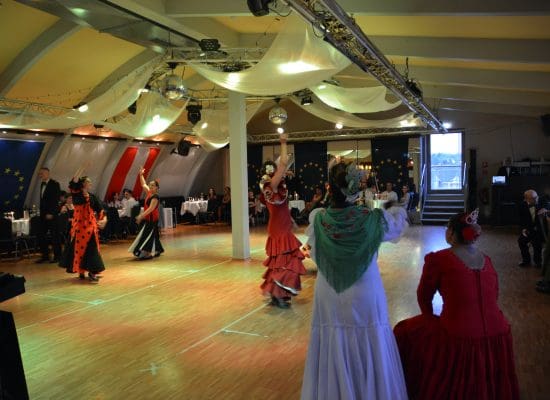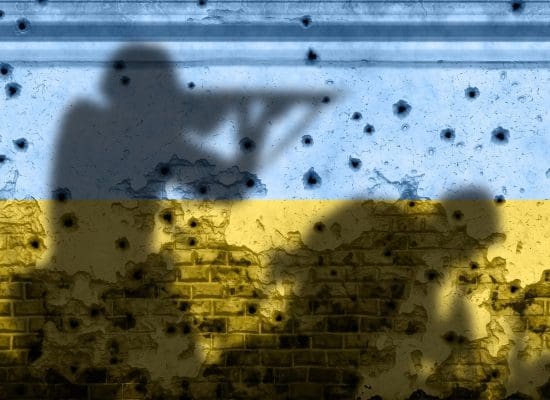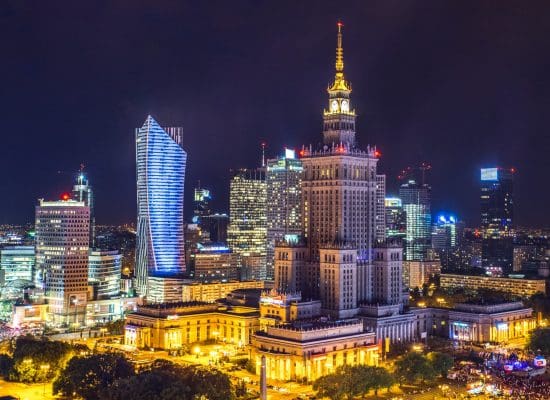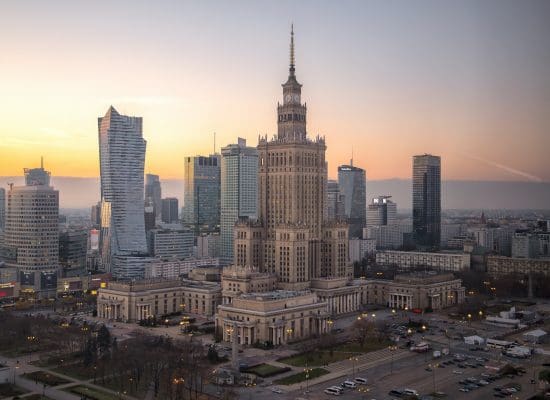Feature photo: Discussion Group 2018
The Hertenstein Talks are a unique format with regard to the development of Europe - its commentary and promotion: They document the - not only unique, but continuous - process and the results of a "guided" exchange of ideas between people who move the topic, who advance Europe want and who look at it from very different perspectives or are involved in it.
On the one hand, that is 'also' politics, which is obvious, also the correspondingly aligned organizations, such as the Young Europeans and the EUROPA-UNION, but also completely different people and groups.
This is reflected not only in the topics of the discussion groups and their respective 'preparers', but even more clearly in the participants themselves, who come from the area of town twinning and environmental organizations, but also 'only' committed doctors, lawyers, business people, tradespeople, employees , civil servants, trainees, retirees and others.
So it is the colorful cross-section of committed citizens who come together and discuss here once a year outside of the professional channels. Here, a continuous, ie ongoing, and thus not only one-off and also not always completely new discourse takes place, in the sense of a planned, ie prepared and announced, thus methodologically at least quality-assured or 'standardized' frame of discussion.
The majority of the topics and discussion groups have changed only slightly over the years, or at best have only been supplemented with current priorities, because they were considered to be of constitutive importance when the talks began 6 years ago.
In this way, a continuous, also documented development process of the theme-centered reflection of the "world project Europe" should become recognizable, and thus also the development of the European process itself, in the mirror of the awareness of people who deal with it and are affected by it.
Relevant, again and again very fundamental statements and books by sociologists, politicians and historians, which actually 'only' represent in-depth 'individual achievements', are indispensable and therefore go into the preparation and the course of the "Hertenstein Talks", occasionally also as a central starting point, without becoming an annual advanced training congress.
Our conversations, on the other hand, are both a 'first response from the subject itself', i.e. a self-articulating, European self-image, to new draft interpretations - a response that may also be fed back or made accessible to authors and specialists - but are also an important multiplier for the - positive or negative - broad effect or 'recording' of such impulses in the European process, beyond the usual marketing of books.
In this respect, these talks are a reciprocal echo between the theoretical and practical advances in the intellectual and political reality of Europe, so they should – in the best sense of the word – be a 'process accelerator' for further development: on the basis of both practice-relevant theory and theory-relevant practice .
For this purpose, many participants meet every year, some from the beginning. Luckily, there are always new ones who have new ideas, but also want to be informed about the 'Hertensteiner stand on the subject' by those who have been there for a long time - perhaps also as moderators or 'topic managers'. The minutes of the conversation are thus a kind of 'compendium' of the self-reflecting and evolving history of European integration, from the perspective of a – primarily amateur, albeit informed – self-concern.
This not only marks the difference to classic publications from the professional world, which has to strive for objectivity and 'distance' from the subject as best as possible, but also makes it - as we proudly and hopefully 'claim' - a unique 'trend literature'. , which we also need.
This article was first published as a foreword to the e-book 4st Hertenstein Talks 2020.
Prof. Dr. Walther Heipertz is a doctor and psychologist in Heidelberg. He was medical director of the socio-medical services of the German labor administration and taught social medicine at the Technical University of Dortmund.
Since retirement, he has continued to work as a medical expert on issues relating to the performance of people with chronic illnesses that are also caused by psychological factors.
After many years of involvement in party politics, he is involved in the Hertenstein talks For a long time now, the question has been how people can be internally bound to a political project like Europe, which promises them security, but also freedom and incentive to take the initiative, and which they trust that the challenge of the future - despite countless regional and global difficulties - can be dealt with not only peacefully but also properly.
So I am particularly pleased that I was able to win him over as an author for this weblog.
